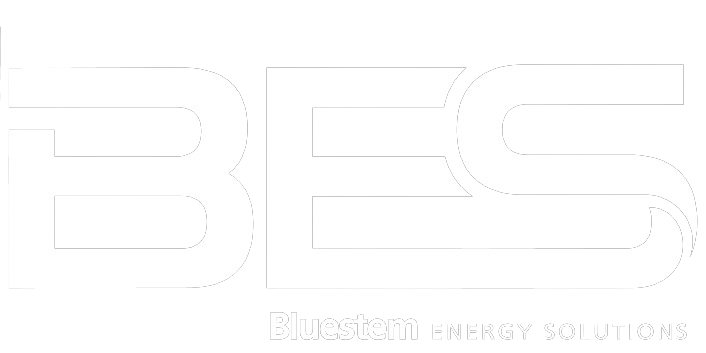Bluestem was featured in a recent Sunday World-Herald story about how blue-state carbon policies are driving red-state economic development.
The upshot? State legislators that have imposed cap-and-trade-style programs to curb greenhouse gas emissions in the transportation sector have created a competitive advantage for Midwestern corn ethanol and biodiesel producers.
Here’s how it works: governors in West Coast states have signed on to mandates aimed at reining in greenhouse gases and smog-producing emissions from transportation fuel, and policymakers in the Northeastern U.S. have eyes on doing the same. In California, for example, the state with more registered vehicles than anywhere else in the country, transportation consumes more energy than even in-state electricity producers. California drivers embark on some of the longest commute times in the U.S. There, a low-carbon fuel standard aims to achieve the state’s ambitious 10-year plan to cut carbon emissions 10% by 2020.
That means Midwestern corn ethanol producers looking to sell into these lucrative markets must find a way to lower the amount of carbon that goes into producing fuel — or risk getting undercut by producers with lower carbon-intensity fuel. Adapting to state market requirements is increasingly prudent in an environment where federal RIN demand is a moving target in Washington.
Bluestem’s answer is an innovative solution through which it builds, owns, and operates renewable energy generators adjacent to biofuels plants, giving fuels producers a leg up on producers whose operations are not directly powered by renewable sources. The result is a win-win-win for rural power suppliers, rural biofuels producers, and rural communities.
“We have now California policies and models driving economic development in our rural areas,” a representative of Bluestem, a sister company to longtime Omaha contractor Boyd Jones Construction, told The World-Herald. “This is actually creating investment back into our rural areas.”
Click HERE to read the full story.
